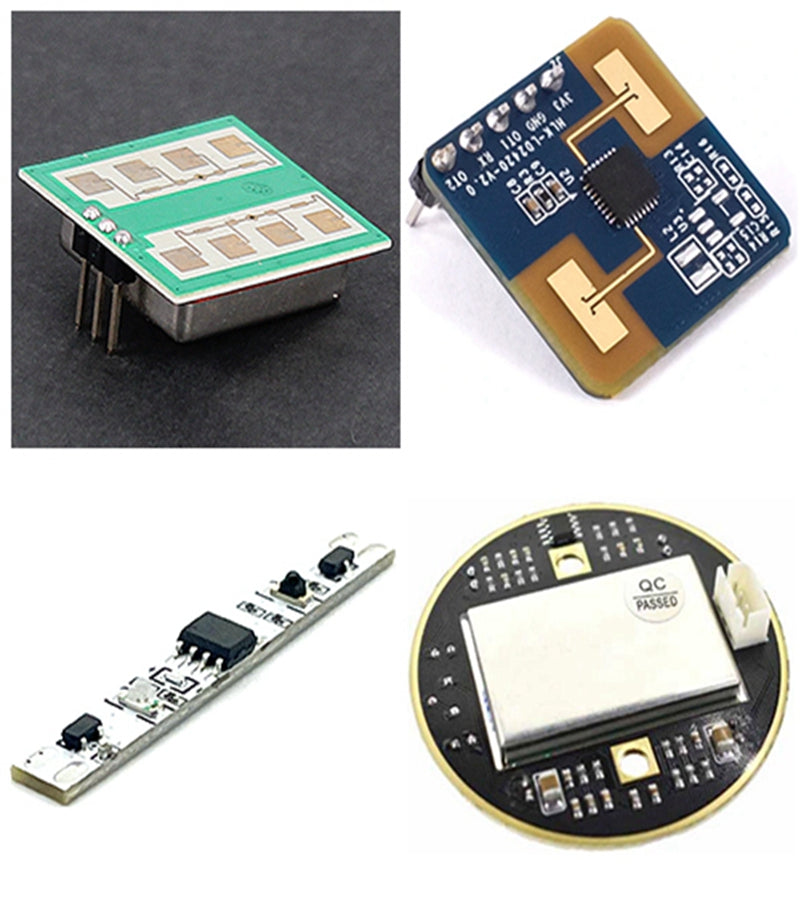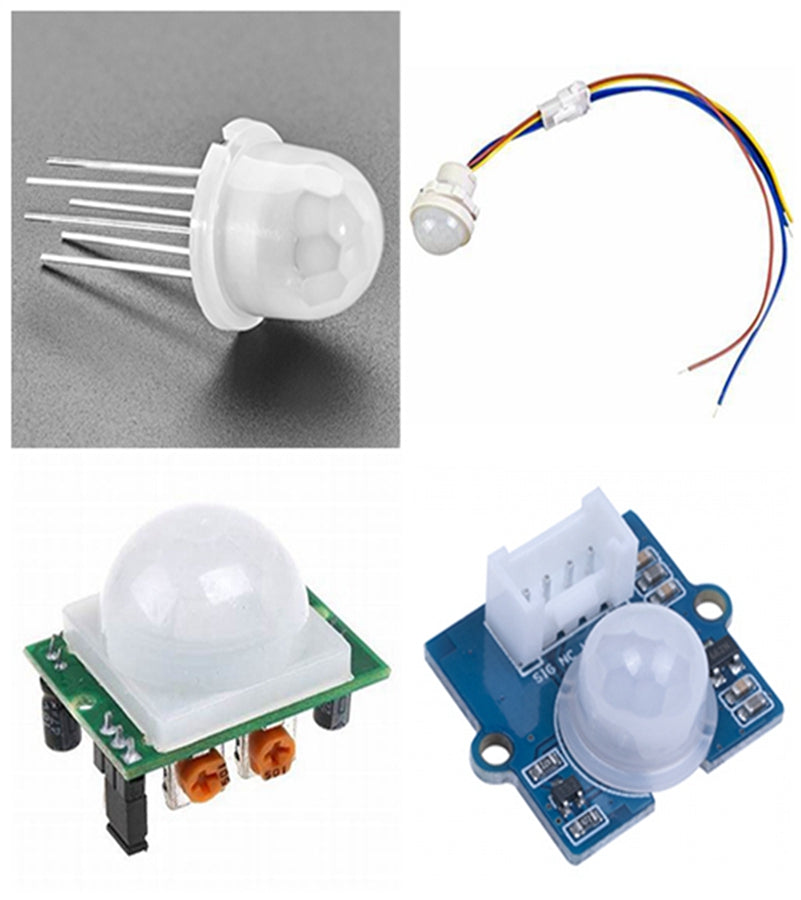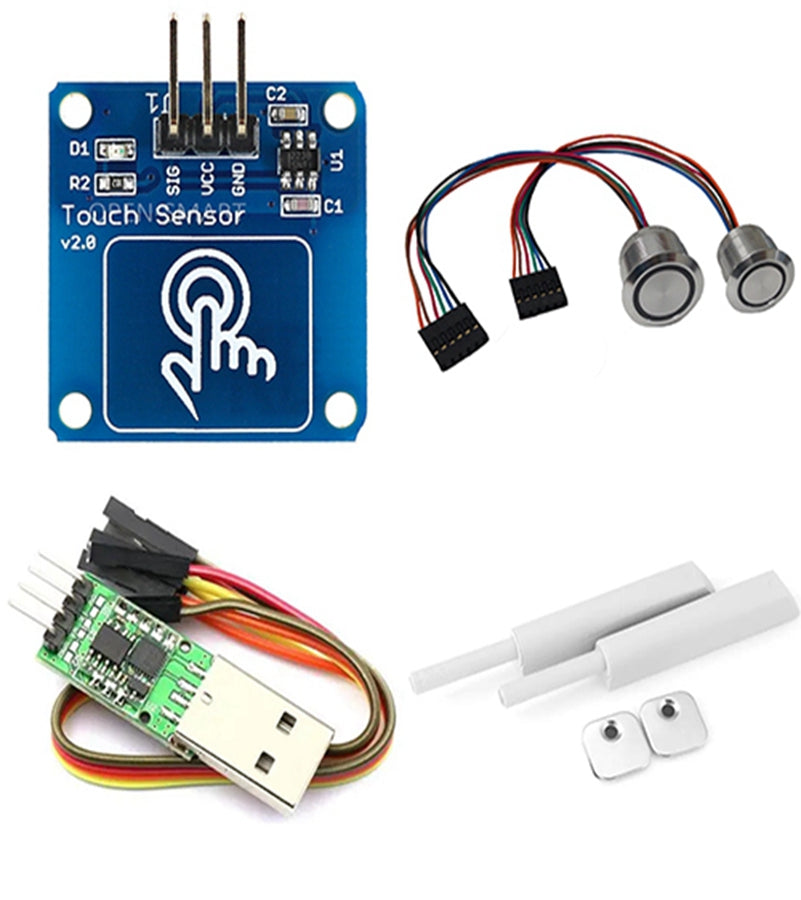Some Case Presentations
Smart Product Cases ---
-

Proximity-sensing Mirror
-

Motion-sensing Camera
-

Sensor Control Screen
-

Proximity-sensing Trash can
-

Proximity-sensing Toilet
-

Proximity-sensing Switch
Lighting Cases ---
-

Ultra-small Sensor Lighting
-

Indoor Sensor Lighting
-

Outdoor Sensor Lighting
-

High-Distance Lighting
-

Night Sensor Lighting
-

Touch-sensitive Lighting
Other Cases ---
-

Contactless Disinfection
-

Automatic Sensor Door
-

Intrusion Detection
-

Smart Parking System
-

Spray Disinfection
-
Sensors have a broad application space and can be ingeniously integrated with your project.
Looking forward to creating more exciting project with you...
-
SOLUTIONS
Share information about your brand with your customers. Describe a product, make announcements, or welcome customers to your store.

Microwave Sensor
It works by emitting microwave signals and receiving the reflected signals to determine the distance, speed, and movement direction of objects.
The advantage of microwave sensors is that they can operate normally in various adverse weather conditions (such as rain and fog) and can be embedded in most products,thus it will not cause any changes to the overall product design.

Infrared Sensor
Senses objects by detecting infrared radiation. It determines the temperature, position, and movement of objects by sensing the infrared radiation they emit.
The advantages of infrared sensors include a wide range of wavelengths, the ability to specifically respond to human and animal movement patterns to minimize unnecessary false detections, and relatively low cost.

Press Sensor
Measure pressure or force by detecting changes in pressure within a specific area and converting them into electrical signals.
The advantages include high sensitivity and the ability to accurately measure small pressure changes. Pressure sensors can also be used for multi-function control, such as adjusting the brightness of lights or volume levels by pressing and holding the sensor.
Customization Process
-
Evaluation and Confirmation
Assess project needs, including the desired functions, specifications, and delivery timeline, to ensure a comprehensive understanding of your expectations and requirements.
———》
-
Design and Planning
Based on the assessment results, design a customized plan, including selecting the appropriate sensor types and configurations. Develop a project plan and schedule.
———》
-
Sample Creation
Create a sample and send it to you for testing and evaluation. Make adjustments to the sample based on your feedback until you are satisfied and approve the sample.
———》
-
Production and Manufacturing
Manufacture the product according to the customized plan and production schedule. Strictly implement quality control measures during the production process.
———》
-
After-sales Service and Feedback
Provide comprehensive after-sales service.
Gather feedback and understand your satisfaction to continuously improve services and products.


















